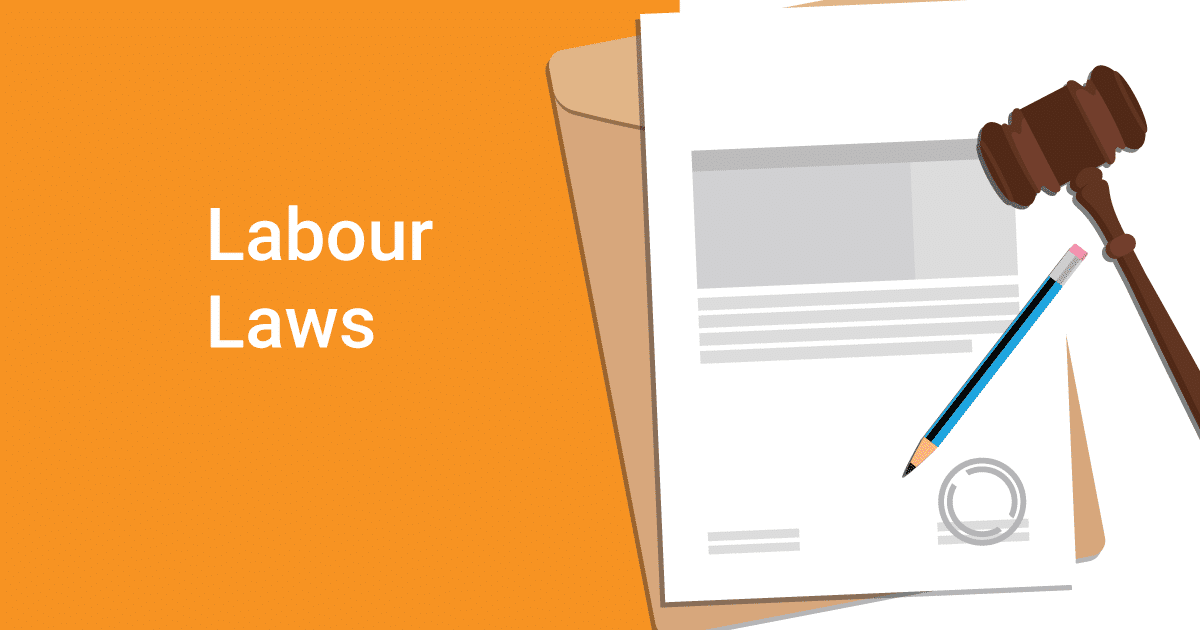Do you know your rights as a job seeker or an employee? Do you understand the parameters that define your status as an employee? Do you know what the labor laws says about you tenure in an organization? The height of unemployment in Kenya makes getting a job seem like a miracle that one should be too grateful for to ask about conditions and circumstances surrounding it, especially for the entry-level job seeker.
The law is a double-edged sword that protects your rights from getting infringed, and at the same time keeps you from infringing on the rights of your employer.
It is wise to note that this is not legal advice, but general direction and a wake-up call, that you should be aware of the legal parameters that direct and guard your status as an employee. This article covers the law’s direction on employment contracts, documentation required, wages and disengagement. We have sampled particulars that would be of interest, but you need to read and interpret (or get assisted by a lawyer on) the Labor Laws for further understanding of your rights.
Employment Contracts: The law allows for oral and written contracts within employment (Employment act 2007) as an agreement to be employed and serve for a specified period of time in Kenya. Part III Section 9 of the labor laws stresses that employment whose duration lasts for 3 months or more should be in writing. This means that you should ensure you sign a contract if you are starting a job that will go on for more than three months. Most employment tenures begin with a period of probation where the employer gauges your skill set in order to decide whether you are the right fit for their company.
Probation Period: Your contract should not set your probation period for more than six months. The period of probation may, however be extended to a maximum of one year, with the employee’s consent (Section 42 subsection 2). Probation should not go for more than a year (Section 43 subsection 3).
Contract Particulars: As an employee, you should be aware of what details to expect in your contract in order to ensure all loopholes that might result in infringement are covered. You should check to ensure that your contract has the following details and that they are as discussed in your negotiation discussion; the name, age, permanent address and sex of the employee; (b) the name of the employer; (c) the job description of the employment; (d) the date of commencement of the employment; (e) the form and duration of the contract; (f) the place of work; (g) the hours of work; (h) the remuneration, scale or rate of remuneration, the method of calculating that remuneration and details of any other benefits; (i) the intervals at which remuneration is paid; and (j) the date on which the employee’s period of continuous employment began, taking into account any employment with a previous employer which counts towards that period; and (k) any other prescribed matter {Section 10 subsection 2 }
In the case where an employee is working outside Kenya for more than a month, details on the contract should also include type of employment, currency to be used in remuneration, benefits of the employee and their contract duration out of the country.
This is why most employers give time when issuing employment contracts for employees to go read and understand before signing. It is understandable that you might be excited by the prospect of a new job, but it is prudent that you calm down and read through your contract to ensure that the above details are captured, as well as every other important things you agreed on with your would-be employer.
If there is a change in any of the details mentioned above, this change should be documented in a written statement highlighting the particular change, date, month and year of the change and it should be signed by the employee. This documentation should be documented within a month after the change occurs.
Protection of wages: Did you know that your employer should not pay your salary in a bar or a place where intoxicating substance is sold? The law states that wages should be paid in either cash, by cheque, sent to an employee’s bank account or a person duly authorized by the employee can collect their wages in the case of the employee’s absence (Section 17 sub-section 1). If payment is by cash, the wages should be paid at the employer’s premises or near the place of employment, depending on the agreement. Wages shall, however, not be paid in a place where liquor or other intoxicating substance is sold and payment should be done on a working day, within working hours (Section 17 sub-sections 2,and 3)
Disengagement and Termination of work
A notice period or payment in lieu should be granted to the employer in the case where an employee wishes to leave employment. The notice period depends on the type of contract an employee is in (Section 35);
- Daily basis contract (Casual employment): No notice period required from either party.
- Probation: at least 7 days’ notice period or payment in lieu
- Employment based on payment intervals less than 30 days (e.g weekly or fortnightly payment): 15 days’ notice should be served or payment in lieu
- Permanent employment with monthly payment intervals: 28-day notice or payment in lieu
Notice of termination goes both ways. If an employer fails to give an employee a notice of termination prior to disengagement, he/she should pay the employee the wages and benefits in accordance with the appropriate notice period.
Except in cases of redundancy and summary dismissal, an employer should clearly explain to an employee the reason for their termination, and in a language the employee can understand. The notice too should be written by the employer in a language easily understood by the employee.
You should also be aware that as an employee, you have a right to challenge a termination, where you feel it’s unlawful or unfair. You may lodge a complaint with the labor office and your case will be heard in the Industrial Court. In such an instant, the employer should prove that the termination in question was lawful and that it followed due process.
In Conclusion:
As mentioned above, this article has no legal authority, but is meant to highlight key important aspects that most employees go through their work life ignorant about. Know your rights as an employee. Ignorance is no defense and what you don’t know is no protection either. Unscrupulous employers may decide to take advantage of your ignorant status and infringe on your rights.





